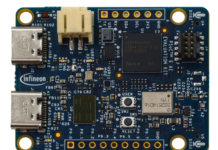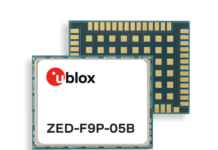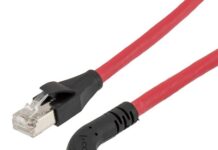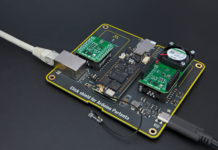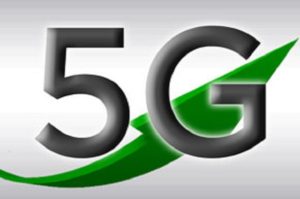
By Todd R. Weiss
Up to 500 residential and business customers across the nation will trial the upcoming 5G services as Verizon continues its system testing.
Verizon will start its first commercial 5G trials with up to 500 residential and business customers in 11 metro areas across the United States by mid-2017 after limiting earlier trials to laboratory testing.
The newest 5G trials, which will be launched in Ann Arbor, Mich.; Atlanta, Ga.; Bernardsville, N.J.; Brockton, Mass.; Dallas, Texas; Denver, Colo.; Houston, Texas; Miami, Fla.; Sacramento, Calif.; Seattle, Wash.; and Washington, D.C., were unveiled by Verizon in a Feb. 22 announcement.
The 5G trials will begin with some 400 to 500 total residential and business customers across the 11 metro areas and will pick up where previous in-lab and field tests of 5G systems have left off, Marc Tracey, a Verizon spokesman, told eWEEK. “That will evolve as time as time goes on,” with additional areas and customers potentially being added later, he said.
“This is really meant to understand what the propagation is and what the use cases are, and really putting the network to use,” explained Tracey. The 5G trials will involve fiber cables that are attached to 5G equipment located in cell towers which will serve specific parts of the metro areas involved in the first tests.
Verizon has been conducting initial 5G tests for some 18 months, including early laboratory work and field trials that were held in the fall of 2016, according to Tracey.
“This new phase really takes it out of the trial area and really puts to use our network and a situation where customers will be using it,” he said. “It’s slowly but surely coming,” he said of 5G services. “It’s still a ways out, but that’s what Verizon is working on—not waiting but trying to lead the ecosystem on this technology.”
The trials will be deployed and conducted with Verizon’s 5G Technology Forum (5GTF) partners, including Samsung and Ericsson as an addition step to commercializing gigabit broadband service to homes and offices through wireless 5G connections, according to Verizon.
“5G technology innovation is rapidly evolving,” Adam Koeppe, vice president of network planning at Verizon, said in a statement. “Network density is increasing to meet the demands of customers, and following the FCC’s aggressive action on 5G spectrum, the time is right to deliver the next generation of broadband services with 5G.”
Verizon began its 5G field trials initiative in early 2016, even as most consumers and businesses were still embracing 4G LTE, according to an earlier eWEEK report. Verizon began the trials with a range of partners—including networking technology vendors Alcatel-Lucent, Cisco Systems, Ericsson and Nokia Networks and chip makers Qualcomm and Samsung—to test 5G concepts and make recommendations for standards that will be created later to implement the new, faster technology.
5G is expected to offer as much as 50 times the throughput of current 4G LTE and latency that will drop into the single milliseconds. It’s also expected to play a significant role in the rapidly growing Internet of things (IoT), as the number of connected devices creating traffic over the world’s wireless networks continues to grow.
AT&T began its own 5G field trials in the summer of 2016, along with partners Ericsson and Intel, after conducting its own lab development and testing.
International standards for 5G networks are still being developed by 3GPP (3rd Generation Partner Project)—which gave the go-ahead to the 4G LTE standard. In March 2015, the 3GPP rolled out a tentative timeline for 5G that doesn’t show a standard for the technology being approved until 2020, though that hasn’t stopped networking technology vendors and component makers from making moves to embrace 5G.
Source: http://www.eweek.com/



